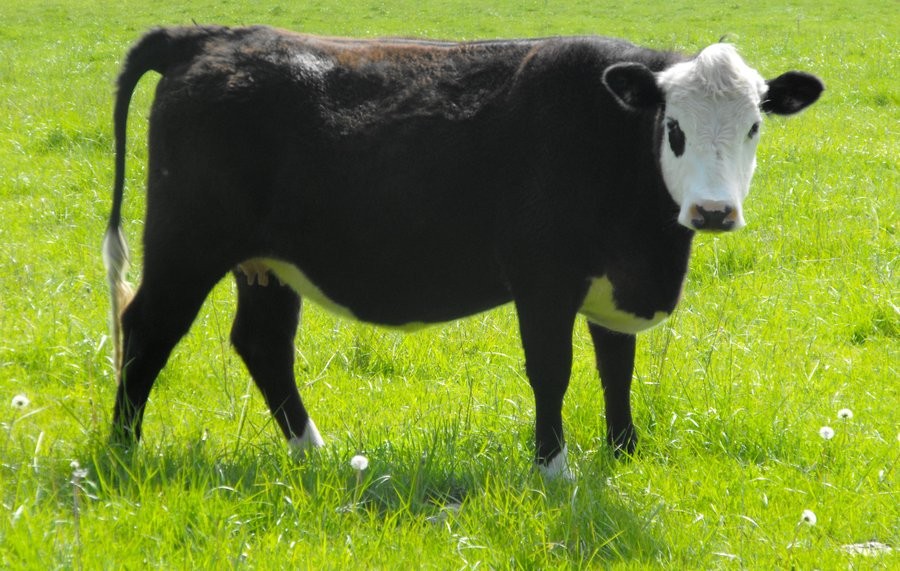Stop Eating Red Meat and Save the Planet
February 23, 2016
Vegans and vegetarians are infamous for making meat-eaters feel bad about their food choices. Whether it is with sad videos of animals, gruesome factory farming facts, or general spite, sometimes vegetarians give the wrong idea to those they are trying to persuade. That is the last thing I want to do with this article—whether or not you eat meat is not important, but learning the facts is.
Meat lovers and haters alike need to be educated about their decision to eat meat. Meat eaters often purposely choose to keep themselves in the dark about the truths of the meat industry, because once the facts are known, it’s hard to justify eating meat on a regular basis.
There are many more reasons to transition into vegetarianism besides protecting cute and snuggly animals—like saving the environment.
According to Independent Magazine, “Livestock are responsible for 18% of the greenhouse gases that cause global warming, more than cars, planes and all other forms of transport put together.”
Most people think of carbon dioxide as the most dangerous contributor to global warming. Of course, CO2 is extremely harmful; however, there is a less ‘popular’ gas that we should be conscious of as well—methane.
NPR states that “molecule for molecule, methane is much more effective than carbon dioxide at trapping heat in the atmosphere.”
Methane is also a complicated chemical that reacts with other substances in the atmosphere, so when it is released into our environment, the consequences are even more dangerous to our health and Earth. The effects of methane have recently been totaled in respect to its contribution to global warming. Scientists found that methane is responsible for 60% more damage than carbon dioxide.
Yikes.
So what does methane have to do with animals, you say? Well, it turns out that domestic livestock, including cows, produce extremely large amounts of methane as a normal part of their digestive process. Also, the runoff and management of manure accounts for even more methane production. Cows alone produce about 100 kilograms of per year, which is equivalent to 2,300 kilograms of CO2 per year.
A cow’s lifespan is about 15 years on average. Therefore, every single cow is equivalent to 34,500 kilograms of CO2 emissions.
Now, here’s the real kicker—as of July 2015, there are 98.4 million cattle in the US. I’m afraid to even do the math on those numbers.
I know that many of us think that as one person, how much change can you really make? Maybe you don’t even eat beef that much. But if everyone had that attitude, we wouldn’t have electric cars, solar panels, or 7.3 million vegetarians around the world.
According to NPR, a typical American eats over 200 pounds of red meat (beef) a year. Although cows are the largest animal and therefore the biggest hurt to our environment, all domestic farm animals have similar effects.
Transitioning into vegetarianism can be a daunting idea, but I promise you that it is really not that hard. Also, if you want to make a difference but you aren’t ready to cut out all meat from your diet quite yet, take some baby steps!
Try to start by cutting out beef from your diet, or by eating meat only 2 or 3 days a week. Americans started eating meat at almost every meal after factory farming became popular, even though the average female body only needs 3 or 4 small portions a week (body+soul magazine).
Give it a shot Regina! Save your beloved Earth by tweaking your lifestyle a tad.



Grace • Mar 4, 2016 at 12:50 pm
This is very good information, thank you. This will be useful in the future.
Grace • Mar 4, 2016 at 12:50 pm
This is very good information ,thank you. It will be very useful in the future.
Meredith Bruns • Mar 4, 2016 at 12:49 pm
Really good!!